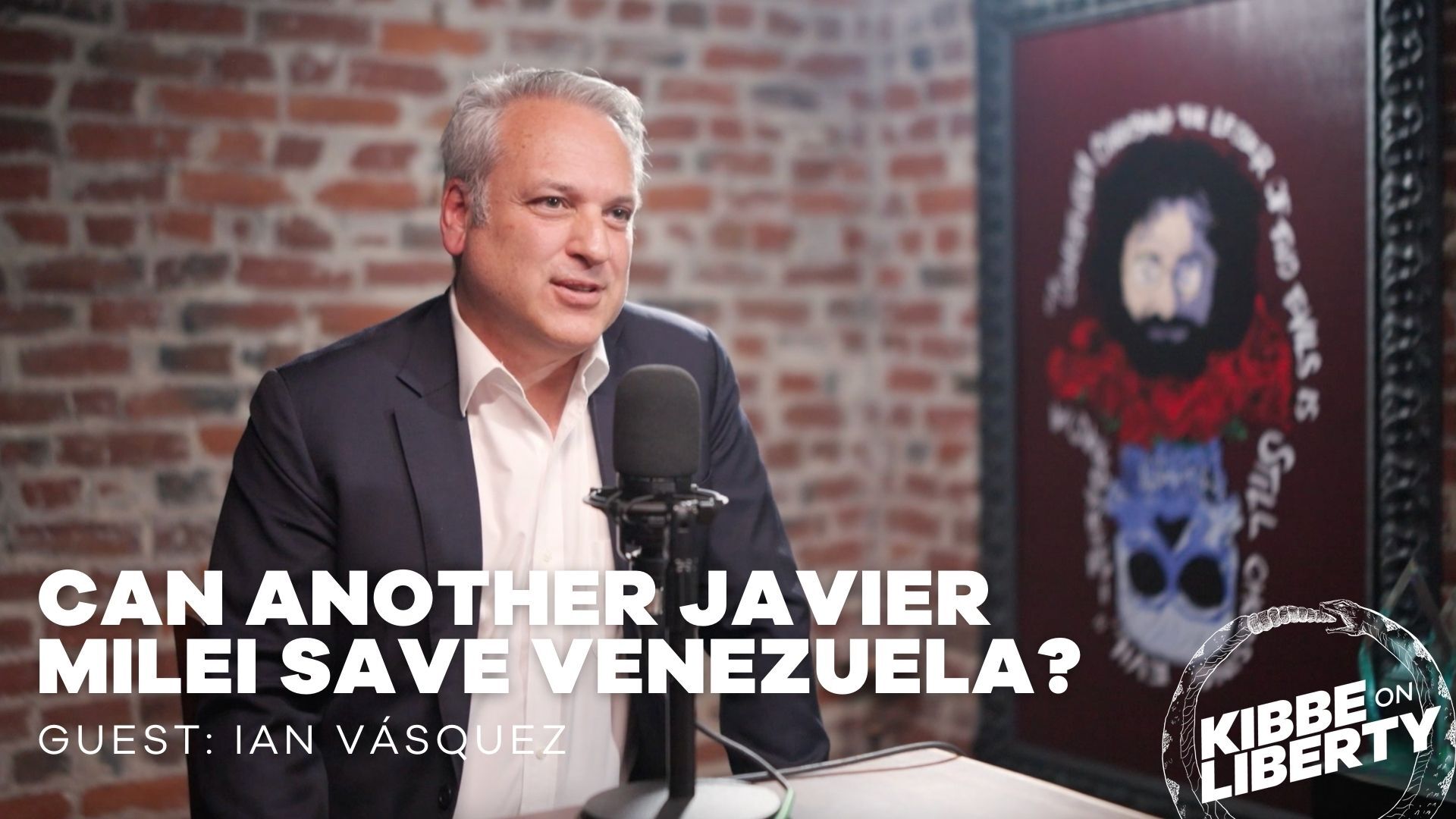Apr 29, 2020
COVID-19 Creates Opportunities for Justice Reform | Guests: Kathleen McGoey & Mike Butler | Ep 64
Matt Kibbe is joined by Kathleen McGoey, executive director of the Longmont Community Justice Partnership, and police Chief Mike Butler, to discuss how one Colorado city is revolutionizing the criminal justice system. Restorative justice focuses on restitution rather than retribution and forces offenders to take accountability for their actions. It may sound touchy-feely, but the data so far shows that restorative practices create safer communities with happier, more law-abiding citizens.
Watch How to Love Your Enemy: A Restorative Justice Story.
Subscribe to Kibbe on Liberty on Apple Podcasts, Spotify, YouTube, BlazeTV, or anywhere you listen to podcasts.




a. adams
From a very old woman:
As a child growing up in a farming community this was the way most petty crimes were handled. If someone were to shoot apples off another’s tree, or steal the apples they were made to pay for the crop AND perhaps work when harvesting began. When one borrowed a tool or a sleeping bag or whatever, and that use damaged or the item was lost, borrower replaced it. If one’s kid shot a hole in the neighbor’s window, the parent replaced it and the kid was punished by the family or the person whose window was damaged, sometimes by mowing lawns or helping at haying time to pay for damages.
A few years ago my car was stolen. The perp was put not jailed but had to apologise and was under the parole system. The insurance determined the amount the vehicle was worth and sent a check. A better way would have been for the perp to buy me another comparable vehicle. It would have cost him more than his apology.
I think this should be a part of the learning of our children…we should move within the community as parents with values first. There is not enoughf Self -responisibility, -reliability, or -sufficiency today. We have lost respect for one another within communities and are considered dirtbags by police force (force the operative word here).